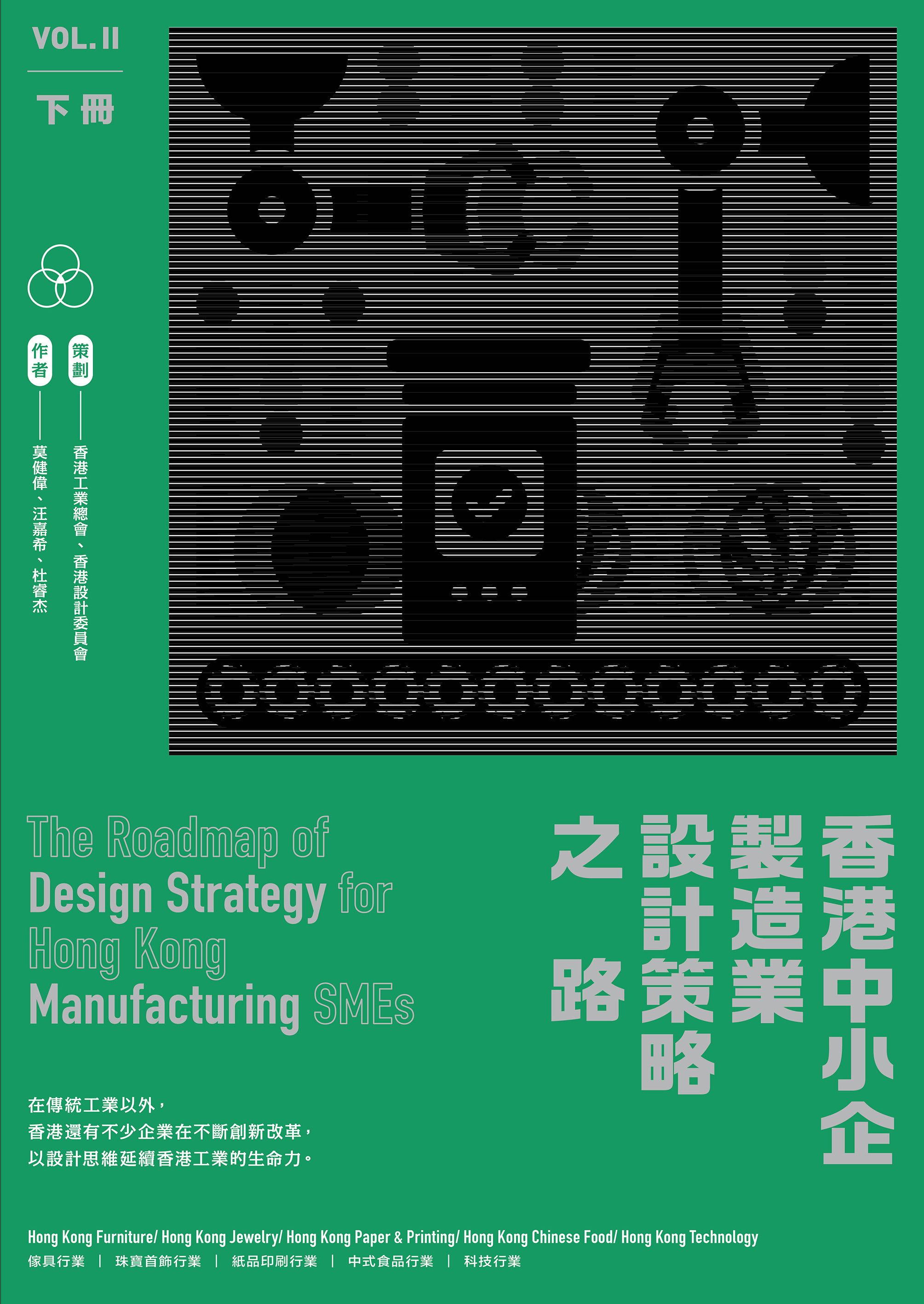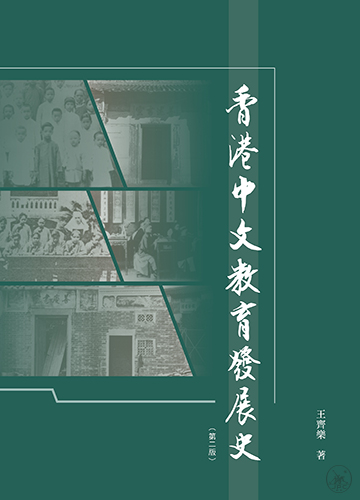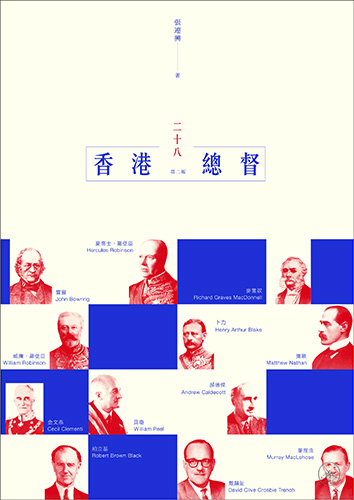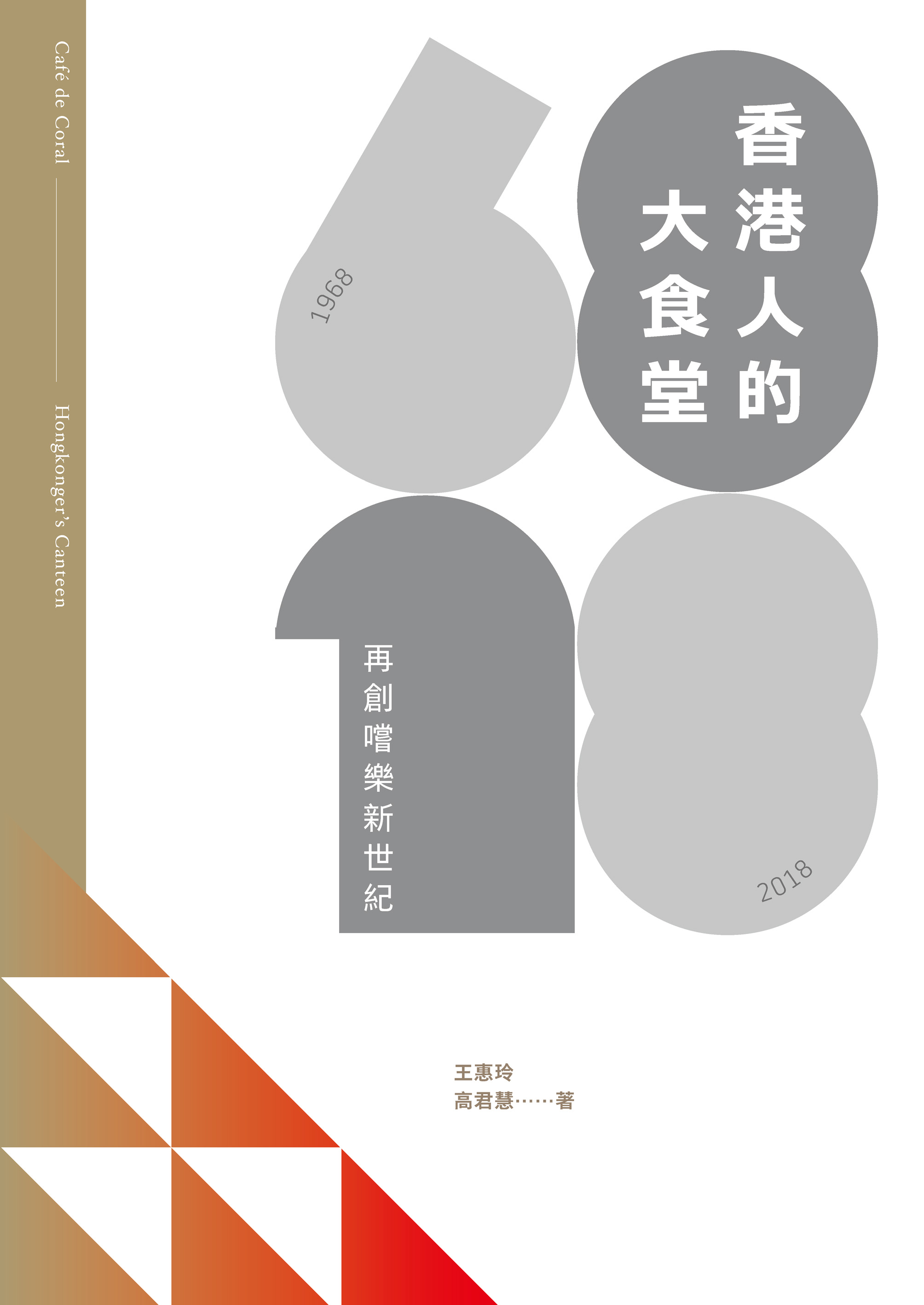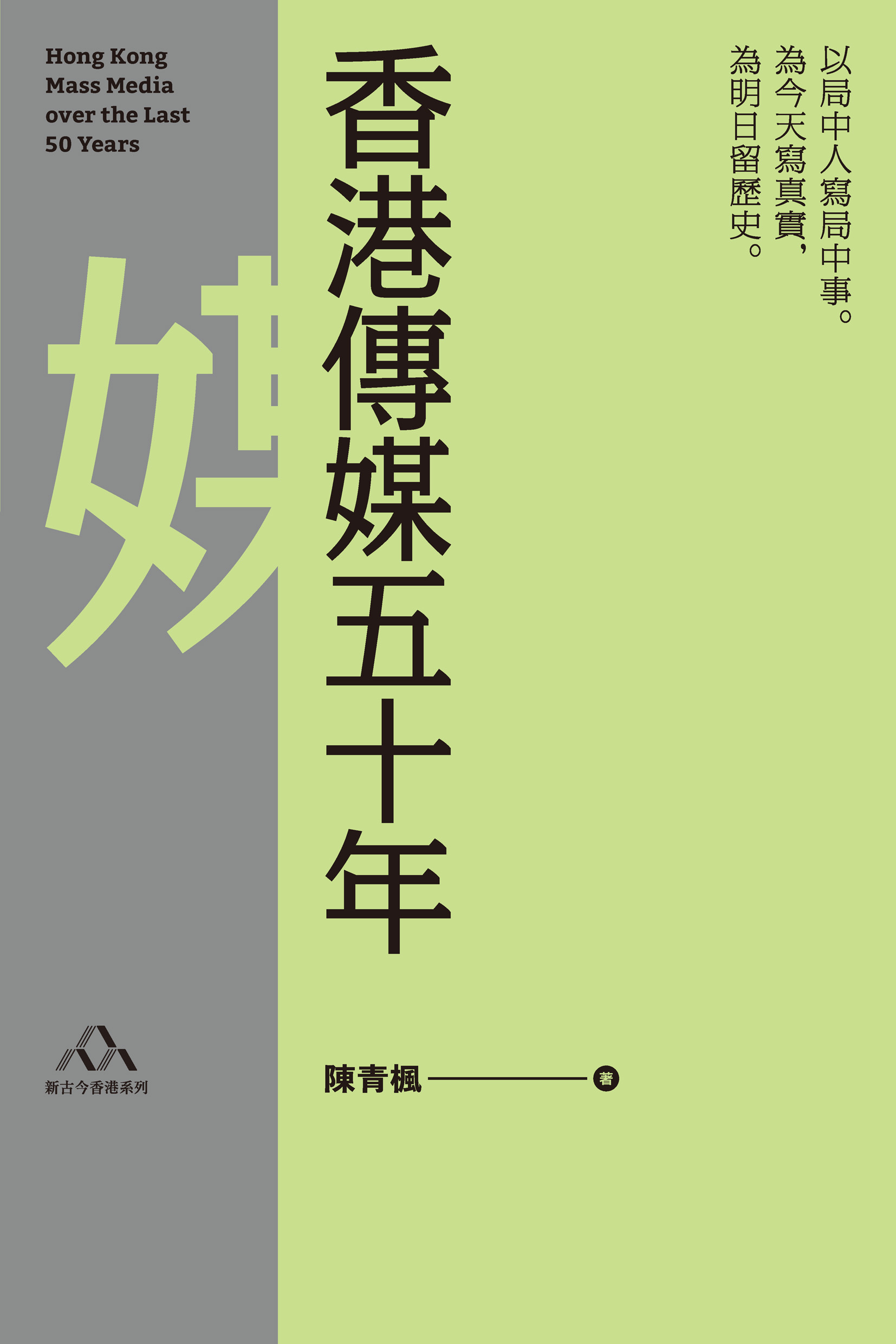e-Book List
e-Book
For over 30 years, Hong Kong's industrial sector has been described as a declining industry. In the context of global division of labor, as factories moved north, Hong Kong's role as a manufacturing base gradually faded. However, industry is not just about the manufacturing process. Before and after manufacturing, there are many activities involved, such as corporate planning and strategies, research and development of products and technologies, as well as marketing and retail strategies. Hong Kong's industrial sector has only undergone a change in identity and role. While factories have moved north, the headquarters, R&D studios, sales and service department of many companies remain in Hong Kong. In recent years, the form of Hong Kong's industrial sector has evolved beyond the traditional definition of manufacturing. We attempt to extract new knowledge from Hong Kong's industrial cases, and to find the experience and wisdom of innovation and change in business models, planning, organization, scientific research, marketing, and brand strategies, from the experiences of industrialists. We compile their experiences into stories about the continuous growth, change and innovation of Hong Kong's industrial sector. We hope that this book will encourage readers to rethink the significance of Hong Kong's industrial sector, to recognize its capabilities and strengths, and to seize the opportunities brought along by industries in the new era. We also hope to guide Hong Kong manufacturers towards design excellence.
- AuthorPatrick Mok Kin-wai, Jason Wong, Du Ruijie
- PublisherJoint Publishing
- Publication Date2019
- Preview
Since the beginning of the Industrial Revolution in the 18th century, people have generally regarded "industry" as an economic activity that involves processing raw materials into goods in factories, using mechanization and mass production processes to manufacture products. However, the changes in Hong Kong's industry over the years have shown how industrialists and businesses have continuously picked their brains to transform different parts of the production value chain, while struggling to survive, adapting to market changes, renewing and creating new products and services. On the contrary, this volume mainly focuses on some industries that have been traditionally viewed as having lower levels of industrialization while abandoning the concepts of "mechanized production" or "batch mode production". This book re-examine how these industries create new products and services. This includes not only the product design and brand building, as well as the introduction of new machinery and equipment for technical applications, but also the design of business models and strategies, production processes, team composition, and sales models. These industrial design thinking are leading Hong Kong's industry in the 21st century towards design excellence.
- AuthorPatrick Mok Kin-wai, Jason Wong, Du Ruijie
- PublisherJoint Publishing
- Publication Date2020
- Preview
Before Chinese became the official language of Hong Kong, it was known as "Tang Wen" in the early days. The transition from "Tang Wen" and "Han Wen" to the current name "Chinese" alone shows the difficulties of the development of Chinese education in Hong Kong over the past century. The history of Chinese education in Hong Kong is long and the information is scattered, making it a challenging task to organize. Professor Wong Chai-lok took on this heavy responsibility and, based on his many years of teaching experience, combined with first-hand information obtained from extensive reading, combing through documents, and visiting schools, compiled a book on the development of local education with remarkable details and systematic treatment. As the first book to detail the history of Chinese education in Hong Kong, it not only traces the cultural background and educational development of China, but also takes into account the parallel processes of Chinese and English education, with comprehensive and helpful descriptions to fill the gaps in Chinese educational history. To allow readers to trace the progress and setbacks of Chinese education in Hong Kong, the book summarizes the major events and minutes of meetings on local education in the 20th century, providing a reflection on the past and a guide for the future.
- AuthorWong Chai-lok
- PublisherJoint Publishing
- Publication Date2022
- Preview
This book is a reprint of the title "28 Governors of Hong Kong" in 2012, and the content is the same as the first edition. The author, Zhang Lianxing, inherits the tradition of historians and biographers, and weaves the modern history of Hong Kong from the first Opium War to the handover of sovereignty between 1843 and the 28th governor of Hong Kong in 1997. In addition to describing and evaluating the performance of each governor in Hong Kong, this book also examines the internal and external political situation, economic environment, social problems, and people's livelihoods of Hong Kong during various periods under the British rule, which is quite helpful for readers to understand Hong Kong's past and present.
- AuthorZhang Lianxing
- PublisherJoint Publishing
- Publication Date2022
- Preview
Cafe de Coral is a pioneer in the chain fast food concept. Since 1968, it has witnessed the growth of Hong Kong's fast food industry and mirrored the evolution of Hong Kong's urban development and lifestyle. This book uses oral history to interview the founder of Cafe de Coral, family members, retired employees, senior employees and senior managers. In the context of the development of Hong Kong society, it traces the story of the creation, expansion and development of Cafe de Coral, as well as the accumulation and inheritance of corporate culture. Fast food is simple food, but the success of a fast food chain is by no means simple. Human factors are extremely important. With experience, wisdom, agility, adaptability and keen social perception, it captures business opportunities from the rapidly changing urban life and continues to supply Hong Kong people with four meals a day. Organization, system and professional knowledge are equally important. A huge chain must be built on a set of organizational systems based on professionalism and efficiency. The founder of Cafe de Coral did not come from the catering industry. Starting a new business from scratch, turning old experience into new wisdom, and growing from a small snack shop to a national chain is actually an exemplar of Hong Kong spirit, reflecting Hong Kong's creativity and dedication. Readers can revisit the development of Hong Kong and the changes in urban life from this book, and also learn from the story of successful enterprises, while grasping Hong Kong's unique culture and spirit.
- AuthorWong Wai-ling
- PublisherJoint Publishing
- Publication Date2018
"The newspaper supplement pages of those years were truly a convergence of all schools of thought, truly appreciated on multiple levels, by both sophisticated elite and commoners alike. They were simply an encyclopedia.” Once a cultural worker contributing to supplementary pages of newspaper, the author Chan Ching-fung recounts the changes of those pages in the past 50 years, and also pays tribute to the predecessors of the newspaper industry. The book includes a special section on the "legend of the newspaper” whom people called Xia Gong. A number of stories were included to commemorate Mr. Chen Xiazhi. The author uses the opening text of each chapter as a lead-in, accompanied by commentaries that connect the people and incidents to the big picture at the time. Readers can savour each piece, and re-live the glorious moments of Hong Kong's newspaper history. This book is a reprint of "Looking Back on 50 Years of Media", renamed "50 Years of Hong Kong Media". It also includes additional writings introducing the development history of Hong Kong's leftist newspapers and discussing Jin Yong's short articles, as a commemoration.
- AuthorChan Ching-fung
- PublisherJoint Publishing
- Publication Date2020



